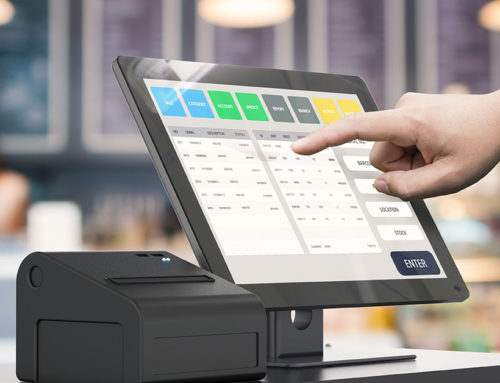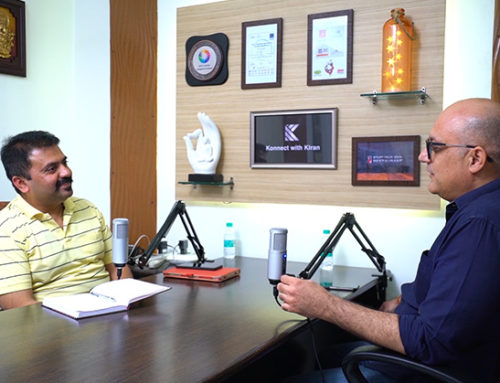Licences Required to Start Your Own Restaurant in India
Setting up a restaurant in India is both exciting and challenging. Not only does it take time, effort and energy, it is also a good test of your wisdom and common sense. But, now that you have made up your mind to start one, apart from the obviously wise things you must do to Start Your Own Restaurant (which incidentally you can read up about here…), applying for permits and licences early on would make a lot of sense.
The minute the word ‘license’ is mentioned, the thought of standing in queue for a long time, hordes of documentation, would flash your mind. That said, things have changed over the last few years. Fret not, we have made it simpler for you to understand the licences that are required to achieve the dream of starting your own restaurant, as being on the right side of the law is of topmost concern.
Before we get to the exact details of licence requirements, it important to understand that rules change slightly from one state to other in India. This will also impact the requirements and costs accordingly. Another important aspect to consider is, while the list looks exhaustive it should not be a challenge to get these permits, as long as your restaurant is located in a commercial property and your basic documentation is in place.
Following are the lists:
Firm Registration
Any partnership business needs to be registering its firm. This certificate is issued by registrar of firms of the respective state. This certificate will include information on date of incorporation along with the names of the partners in the business. The cost of obtaining this could varies from Rs 1000/- to Rs.5,000/-.
Trade Licence
It is a kind of a licence that allows us carry on a particular kind of trade or business, in our case it being a restaurant. It is issued by respective State Commissioner / Dy.Commissioner, Department of Municipal Corporation to run the trade with applicable trade fee and garbage collection fee per annum.
The cost of obtaining such a license ranges from Rs.10,000/- to Rs.50,000/- depending on the commercial area of the business operations.
Labour Licence
Any business that will hire employees needs to obtain this licence. A restaurant is no exception to this rule. Labour licence is issued by every state under its Shops and Establishment Act. To ensure that you have your waiters, chefs, supporting staff and cleaners are governed by law, get this licence. The cost of obtaining this licence could vary from Rs 10000 to Rs 20000 depending on your staff requirements.
Employees Provident Fund
Any company that employs more than 20 people needs pay a provident fund to its employees. To do that the company has to register with EPFO department which comes under Ministry of Labour & Employment, Govt of India, with respective wage limit for salaried employees of the organisation as a retirement savings scheme. This does not include any cost for registration. You can get the details here https://epfindia.gov.in/site_en/index.php
Employees State Insurance
Every company that employs more than 20 people and pays wages below Rs 21000 is liable to make contribution to the ESI fund for the welfare of staff to providing relief for expenses incurred for medical and maternity. There is no cost for registration. You can submit the online application at http://www.esic.in/.
GST
Just like any other business, you first stop should be at www.gst.gov.in, a website that enables to register your business for Goods Services Tax. Department of Revenue is the granting authority; besides, every state has its own jurisdiction for applicable threshold for registration. It is important to understand all of this before you start your registration process.
Police License
To give our business the much-needed legal sanctity, it is very important to have a police licence in place. It is issued by the state Police Commissionerate. The purpose behind this license is to ensure that the businesses operate with the stipulated norms, defines the operating timings, covers parking space issues, usage of DJ services and music performances. The cost of obtaining a police licence could range between Rs 5000 and Rs 10000.
Fire Licence
Fire Licence has gained a lot of importance over the last couple of years on backdrop of so many fire accidents in restaurants. All that it requires is a no-objection certificate (NOC) provided after the physical inspection of the restaurant by the representatives of State Commissioner / Dy.Commissioner, Department of Municipal Corporation with stipulated guidelines to operate the establishment with all precautionary / safety measures. In most cases, there is no payment involved in obtaining a NOC.
Excise Licence
This is needed only if the restaurant is planning to serve liquor. It is issued by respective State Prohibition and Excise Commissioner, under concerned jurisdiction based on your requirement. The cost of obtaining this license varies from Rs.1,00,000/- to Rs.40,00,000/- per annum, depending on the state where the restaurant is located.
FSSAI Licence
It is done to ensure that a restaurant adheres to hygiene and safety standards as listed by the government. It is issued by the designated Food Safety Officer of respective state under Food Safety and Standards Act, Municipal Corporation, duly certifying adherence of Safety standards and the category of business. You can logon to https://foodlicensing.fssai.gov.in and do the needful.
Trade Mark Registry
While this is an optional registration, there is a growing number of restaurants who are applying for this. If you feel you have an offbeat business model for your restaurants it would be a smart move to apply for this certificate. It is issued by Trade Marks Registry, Govt. of India, registrar of Trademarks. Under class 43 for services of providing food, drink and temporary accommodation. The cost of obtaining this certificate ranges from Rs.10,000/- to Rs.15,000/- after registering your trademark here https://ipindiaonline.gov.in.
So, what are you waiting for, go gather all the required documents, start the process of applying for licences one by one. If you have any more questions about the above-mentioned process do comment below!






